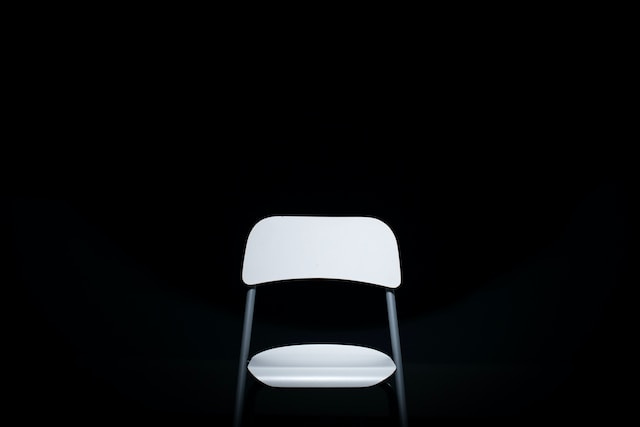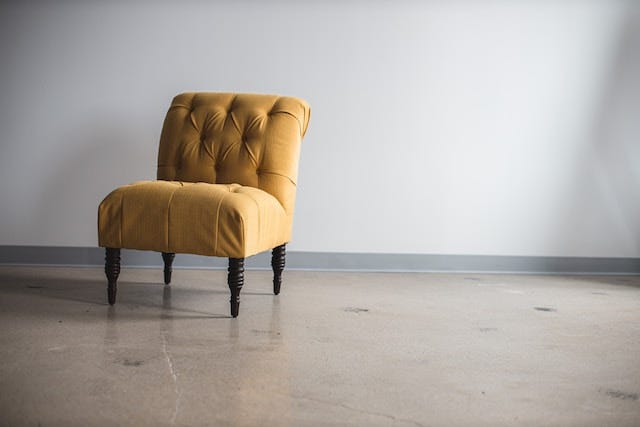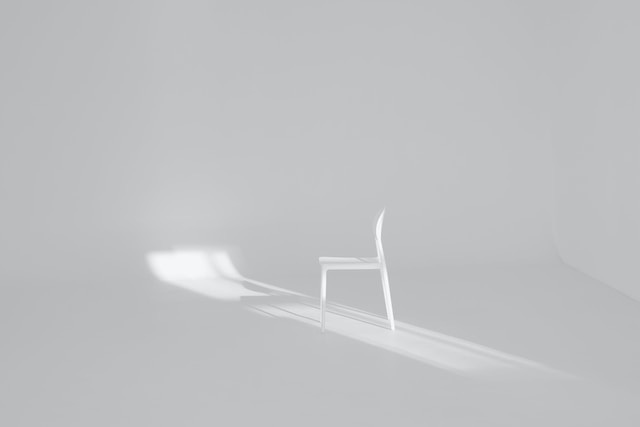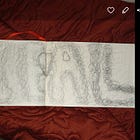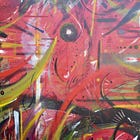A Series of Short Interview Responses to Questions About the Complex Relationship Between Art and Mental Health
7 artists respond in brief to different questions about this key topic
This is how art and health intersect for some people. If you are interested in understanding this relationship in your own life: Order a Creative Health Assessment or Book a 1:1 Coaching Call.
I am committed to learning as much as I can about the broad array of experiences that people have with how art and mental health intersect. To that end, I have two Google forms available for anyone who wants to do an interview on these topics. Usually, this leads to more in-depth interviews, where I share the draft with the individual and we expand from there. But sometimes people just want to share a few initial thoughts and leave it at that. So, today, I thought that I’d compile some of those shorter thoughts.
Want to share your own responses to questions about the relationship between art and mental health? You can answer a visual interview here or answer in words here.
How Does Creativity Help Your Mental Health?
Jenna: “A lot of the times I draw when I’m going manic and, as weird as it sounds, drawing gore helps me. Drawing helps shut the voices up.”
Amelia L. “I have cPTSD and unresolved trauma. I also struggle with chronic depression and anxiety. My art is a direct link and reflection of my mental health. I usually work with a personal narrative, creating a series. Creating usually offers a mental dump. I enjoy and am often stunned at what I see emerge on the canvas.”
Sonny Weeks: “I have OCD/ADHD/PTSD and my art is Music, Songwriting and performance. Lyrically I tend to write about the darker sides of my self and or political/social commentary. As well as love once in a while. It's not necessarily that I aim that way...more of a natural process. Possibly a therapeutic approach at wrestling my inner demons. Playing in a band with a heavy schedule can be great for boosting self esteem and weekly affirmation....even when that is the last thing you need heh heh.”
“Burnout”: “My background with art has always been a coping mechanism. From a young age I was in and out the hospital and the only thing I did while stuck in there was arts and crafts. From painting to making jewelry. It’s a way to release for me and also to cope with what I can’t control. It’s the only thing about my life I feel I can control. It’s a release of the emotions I can’t find words for which is always a help with mental health.”
Anonymous: “My therapy has always been music. I sing, I play several instruments....i have trauma....i was beat and left for dead....i am uncomfortable saying more. My lyrics portray my pain as my voice.”
Charly: “As someone who suffers from Depression, Anxiety, DID, and CPTSD my art is a language and a journaling for my thoughts and emotions. I create regularly and share it with my friends and family, and social media following for the sake of expression and release. I’m able to create images that somehow help me bring out the visions or memories circling around my mind to life almost like an exorcism.”
Jane: “I've had mental health struggles for years now. I started crocheting about 7 years ago but really got into it more last year when I realized how much it could help me. I do fiber art yarn bombs. Crocheting is something that I've really started doing more because it's been so helpful with managing my mood disorder and self-regulating. It's a great place to put excess energy when I have it and the repetitive motions are really meditative. It also helps as a distraction when I'm working on a piece that requires a lot of focus and some of things i'm obsessing about can recede into the background. Especially working with a thick chunky yarn. It's like ASMR but for your hands. Watching people interact with my yarn bombs is also such a source of joy and affirmation for me, especially when I'm down.”
How Do Your Mental Health Symptoms Impact Your Creative Content?
Jenna: I have dissociative identity disorder and all my alters have different shit they draw. My alters:
Harley Quinn. She draws a lot of things pertaining to her relationship with joker. When Harley takes over the drawings get more suicidal in their expression.
Wednesday Addams. When Wednesday takes over the drawings get a lot more gruesome. She draws a lot of gore in general and anything pertaining to her relationship with Enid who is Alter 3.
Enid Sinclair: When Enid takes over the drawings get more happy; she draws a lot of rainbows and things of that nature
Amelia L.: “I am 3 years sober from SUD. I’m amazed at the difference in my work and style from pre-addiction, active addiction and now post addiction.”
“Burnout”: “It definitely helps me relate my emotions with different colors. Like persay if I’m a little down I would paint something with cold colors like purples and blues.”
Charly: “All imagery is depicting something I’m going through or have experienced or witnessed.”
How Does Your Mental Health Impact Your Creative Productivity, Self-Perception or Business?
Jenna: Harley gets distracted a lot so it takes longer when she's in charge. Also all of us '(the alters) get really nervous that the art isn't gonna match what we're thinking. I haven't had the confidence to make a business out of it.
Amelia L. “The cPTSD causes me to move, work and rework pieces at a rapid pace. And then I’m exhausted from channeling the anxiety energy. I don’t create or execute as much. I get stuck in my head most days.”
Sonny Weeks: “I tend to horde recordings I make and never feel they are complete despite moving on to the next. My organization system becomes a sad reflection of my OCD i.e. version a, b, b2, official.1.2 etc. I do believe I am making some progress with this or maybe not at all. I have however found a confidence I was long missing...so it ain’t all loose screws.”
Charly: “If I’m depressed I procrastinate with the set up and clean up, but Bodyart forces me to be present for it because my time with the model is temporary. Unfortunately the business side suffers because my mind is so consumed in the creation of the art.”
Jane: “I think a lot of my ideas come to me in mood episodes, especially the more ambitious ones. I also attempt things that would otherwise seem daunting when I'm feeling more energetic and inspired. I definitely work faster and more compulsively when I'm on an upswing. Mental health both helps and hinders the work. When I have a ton of ideas and energy, I can do hours of work and make huge progress on things, including multiple projects at the same time. If my mood and energy dip, it becomes very difficult to do any work at all and the giant projects I undertook seem less realistic. I tell myself I want to do something but then end up stalling for hours. I'm pretty good at meeting deadlines I set for myself and the added stress of that motivates me even when I don't want to do it.”
Anything else to share?
Sonny Weeks: “I am on creative hiatus for the first time in 10 years so I’m treating it like it matters more than ever what I do next. I am staying off of FB (my strongest social media) until I have something fully formed to push relentlessly. Oh mental health don't fail me now!”
If you read this far, perhaps you liked the work. The work takes work. Support it if you can:


